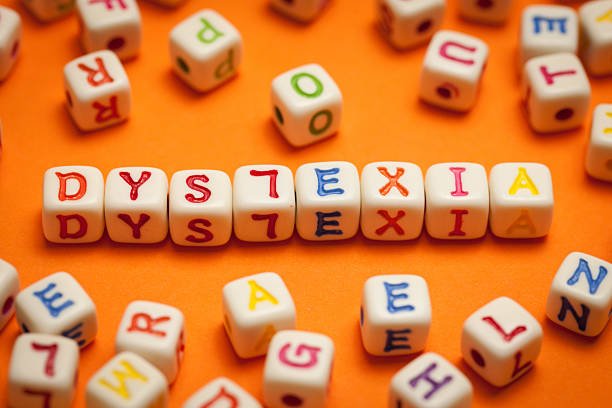Introduction
Attention Deficit Hyperactivity Disorder (ADHD) is a neurodevelopmental condition that affects both children and adults. While it comes with a range of symptoms, one of the most challenging aspects is the impact it can have on learning. For parents of children with ADHD, understanding and addressing learning difficulties is a top priority. In this blog, we’ll explore ADHD-related learning difficulties and provide practical tips for parents to help their children thrive academically.
Understanding ADHD and Learning Difficulties
Before we delve into tips for parents, let’s first understand how ADHD affects learning. ADHD is characterized by symptoms such as inattention, hyperactivity, and impulsivity. These symptoms can make it challenging for children to focus, stay organized, and manage their time effectively, which in turn, can affect their academic performance.
Inattention
Children with ADHD may find it difficult to concentrate on tasks, follow instructions, and complete assignments. They may frequently lose focus and become distracted, making it hard to absorb and retain information.
Hyperactivity
Hyperactivity can make it tough for children to sit still in a classroom, pay attention to the teacher, or work quietly on assignments. Restlessness can be a significant barrier to effective learning.
Impulsivity
Impulsive behavior can lead to difficulties in decision-making and problem-solving. Children with ADHD may act without thinking, which can hinder their ability to grasp complex concepts.
Executive Functioning
ADHD often impacts executive functions like planning, organization, and time management. These skills are essential for academic success, and their impairment can lead to difficulties in completing assignments and meeting deadlines.

Tips for Parents: Supporting Children with ADHD
Education
The first step in helping your child with ADHD is to educate yourself about the condition. Learn about the specific challenges your child faces and how ADHD affects their learning. This knowledge will empower you to make informed decisions and provide the right support.
Professional Assessment
If you suspect your child has ADHD, seek a professional assessment. A qualified healthcare provider or psychologist can diagnose the condition and recommend appropriate treatments, which may include medication, therapy, or educational interventions.
Medication Management
If prescribed medication, ensure that your child takes it as directed by their healthcare provider. Medication can help manage some of the symptoms, making it easier for them to focus and learn.
Structured Routine
Establish a structured daily routine for your child. Consistency helps children with ADHD know what to expect, reducing anxiety and improving their ability to concentrate on tasks.
Break Tasks into Smaller Steps
Divide tasks and assignments into smaller, manageable steps. This approach can make complex tasks seem less daunting and more achievable for your child.
Organizational Tools
Utilize organizational tools, such as calendars, planners, and to-do lists. These tools can help your child keep track of assignments, deadlines, and daily responsibilities.
Minimize Distractions
Create a quiet, distraction-free study environment. Ensure that your child’s workspace is organized and free from unnecessary stimuli, which can help improve their concentration.
Positive Reinforcement
Encourage and reward your child’s efforts and achievements. Positive reinforcement can motivate them to stay on task and persist in their learning.
Use Visual Aids
Visual aids, like charts and diagrams, can help children with ADHD grasp complex concepts more easily. Visual learning can be particularly effective in retaining information.
Regular Communication
Maintain open and regular communication with your child’s teachers and school staff. Collaboration with the school can lead to tailored support and accommodations that meet your child’s unique needs.
Supportive Strategies
Implement strategies, such as preferential seating, extended time for assignments and tests, or access to a resource room if necessary. These accommodations can help level the playing field for your child.
Social and Emotional Support
Children with ADHD may face social and emotional challenges due to their condition. Encourage open conversations about their feelings, and consider involving a therapist or counselor to provide additional support.
Peer Support
Connect your child with support groups or activities that can help them connect with peers who face similar challenges. This can boost their self-esteem and provide a sense of belonging.
Regular Exercise and Healthy Diet
Physical activity and a balanced diet can have a positive impact on ADHD symptoms. Encourage your child to engage in regular exercise and provide them with a nutritious diet.
Patience and Understanding
Finally, remember that managing ADHD is a journey, not a destination. Be patient, understanding, and empathetic toward your child’s struggles. Your emotional support is just as crucial as any other form of assistance.
Conclusion
Supporting a child with ADHD can be challenging, but with the right strategies and a patient, understanding approach, it’s possible to help them thrive academically. With your dedication and the tools provided in this blog, you can make a positive impact on your child’s educational journey.





